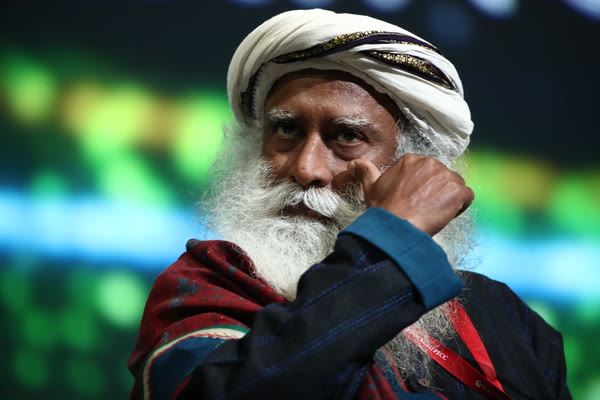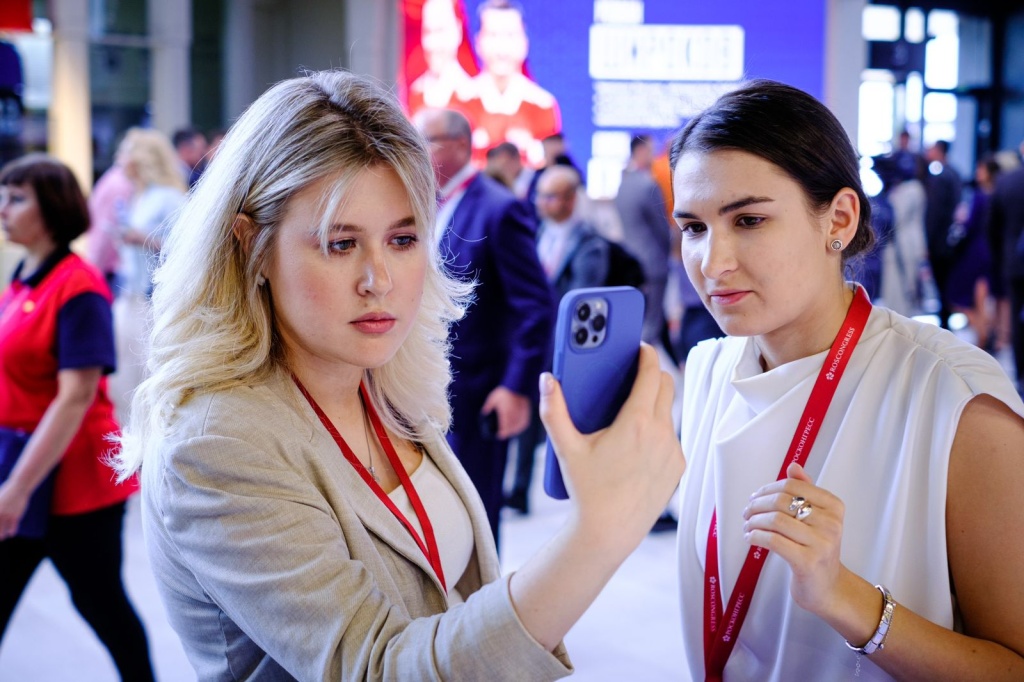
Transitional World: What Will Tomorrow Bring?
Key conclusions
The world is about to face major changes
“We tried to give the time we live in a name, and we called it a transitional world. We chose this one, because we are already done with our traditional and comfortable world we were so much used to. The world where we were born and, despite our wishes, started our life voyage to the world of the future, the shape of which is yet to be determined,” Herman Gref, Chief Executive Officer and Chairman of the Executive Board, Sberbank.
«All digital technologies have already changed the world significantly. Today we’re saying it’s Internet 1.0, because until now most changes were happening on the consumer’s side,” Guo Ping, Rotating Chief Executive Officer, Huawei Technologies.
Digitalization offers enormous possibilities to the mankind
“I think that this time in the history of mankind is absolutely incredible. It is the best time to be alive on this planet. We live in an age when everyone has computational capacity that used to be available exclusively to states. Google has opened the access to the Internet and to information for the entire world and we also have unprecedented access to capital,” Peter Diamandis, Founder, Executive Chairman, XPRIZE Foundation Inc.
“What has happened during the last 10 years was that the entire market has grown. Market capitalization of all digital companies and start-ups has increased. Thus, current situation is not a zero-sum game. A pile of cash or money is growing every year,” Meir Brand, Vice-President, Google Inc.
Problems
The society fails to catch up with the changes
“This is a total change in business models. Investments increasingly flow from traditional sectors into digital ones. Traditional companies fail to change their models to catch up with the digital companies. It also concerns people. The key problem is that people keep thinking in linear fashion, while things change exponentially,” Herman Gref.
“One should worry when something is developing too fast. It’s not that growth is bad, it’s just the established practices that do not get preserved. If the evolution is too fast, some species will become extinct,” Nassim Nicholas Taleb, Distinguished Professor of Risk Engineering, New York University.
New technologies destroy the habitual lifestyle
“There are three goals we should achieve. The first one is to expand human possibilities. We talk a lot about this expansion, meanwhile digitalization and universal transparency end up gaining total control over people and limit their lifestyle and possibilities in many ways. The second goal is to find protection from threats carried by technologies. The third goal is equitable distribution of produced wealth both within every society and among the countries of the world. Today social inequality is growing in virtually every state,” Herman Gref.
Limiting the access to technologies further polarizes the world
“State institutions are far from being ready. Polarization among states is increasing and even the most developed countries are all the more active in limiting access to technologies despite declaring the opposite,” Herman Gref.
Solutions
Introducing mechanisms of adaptation to continuous changes
“The main recipe and the main question worth working on is how to make the state mechanism truly adaptable. <…> The major challenge is to find out how to provide for this adaptability. From the viewpoint of technology, it is more or less clear that it involves regimes, including regulatory treatment, data management, human capital. Digital revolution is not about IT, it is about people and culture,” Maxim Akimov, Deputy Prime Minister of the Russian Federation.
Developing global communication infrastructure
“The first important tendency is Internet connectivity. <…> Internet connectivity changes everything. For example, a farm manager in Kenia will have many more possibilities, if he or she has the same internet access as a funds manager in New York,” Meir Brand.
Expanding interaction between artificial intelligence and people
“I think that many areas of artificial intelligence work better in collaboration. Best scenarios is teachers starting to work with virtual reality. Artificial intelligence will not replace everything though, once cannot entrust their child to a computer alone,” Peter Diamandis.
For more details go to the Roscongress Foundation Information and Analytical System’s website.








